Teach the five steps of the scientific method to younger students with a Scientific Method Poster.
Teach the Five Steps in the Scientific Method With Us!
The scientific method is a fun way to inspire your students to explore and learn about the world around them. While it may seem specific to older students, it’s absolutely possible to teach the steps in the scientific process to early learners. Including inquiry-based science activities helps your students become super thinkers and problem solvers. With exciting activities and hands-on experiments. This year, we have some amazing new activities and tools to make learning about the scientific method even more fun for you. Get ready to explore, discover, and learn with your littles in a whole new way!
Printable Scientific Method Posters for Lower Grades
Bring real-world inquiry science to life in your classroom with our vibrant, easy-to-understand printable Scientific Method Posters! Designed specifically for lower primary students, these posters break down the 5 steps of the scientific process into kid-friendly language. Each step is clearly explained with simplified language and statements to help students grasp important concepts, such as
- Look at the world
- Ask questions
- Make a prediction
- Write or draw what happens
- Share findings
Download and Print!
This resource is available as a printable PDF as well as an editable Google Slides resource file. Click the dropdown arrow on the download button to download your file of choice.
Even More Early Elementary Science Inquiry Activities!
Don’t stop there! Make sure you grab these science inquiry resources before you go!
[resource:4404784] [resource:2674298] [resource:2658398]
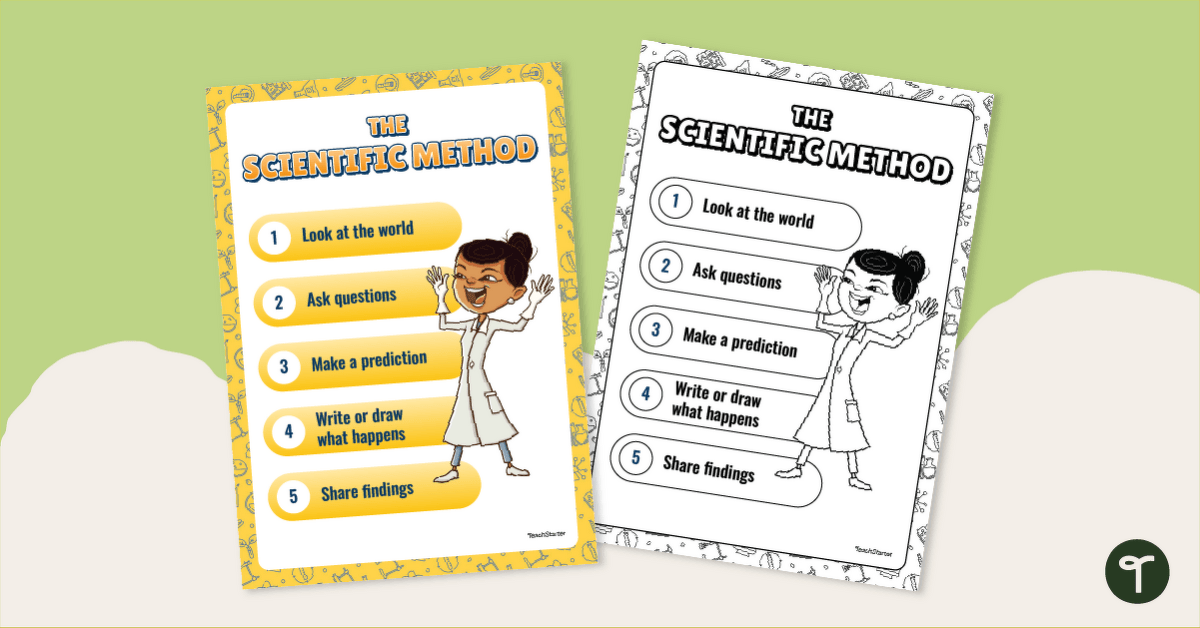

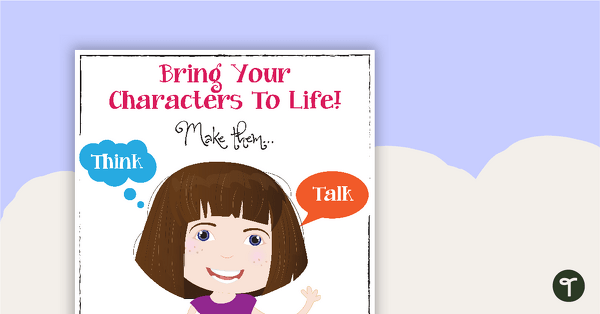
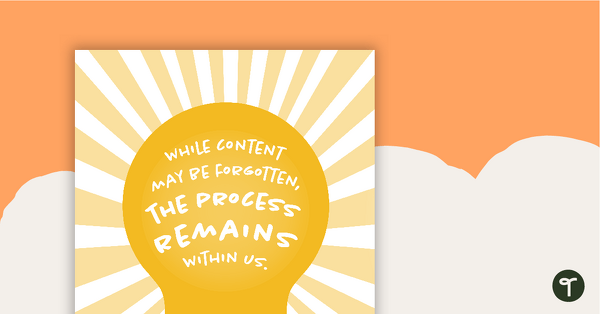
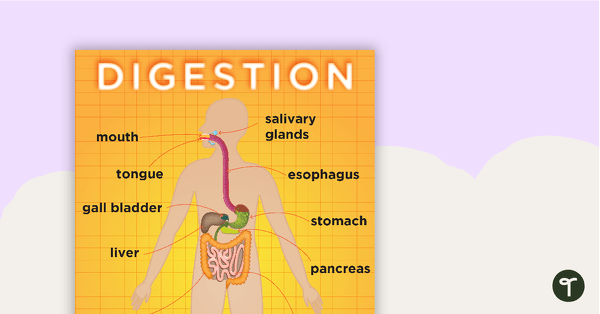

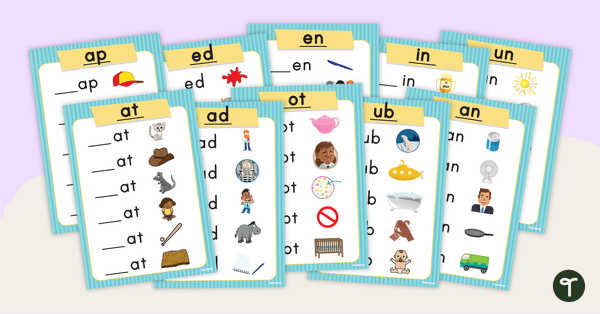
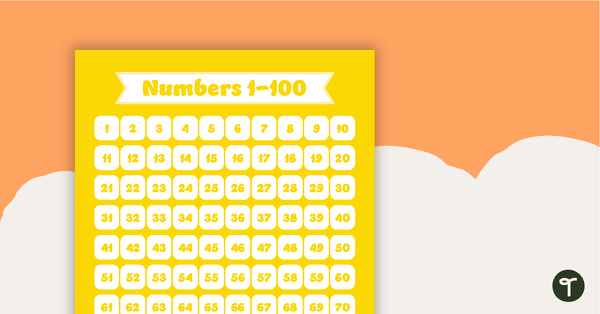
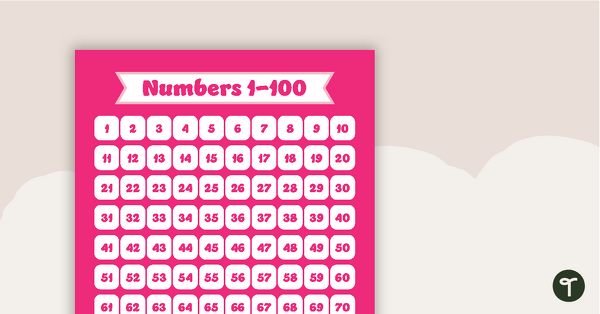
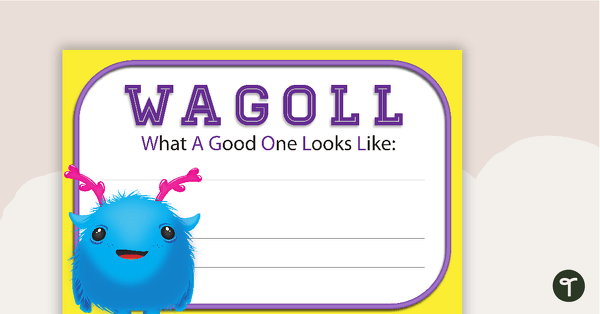
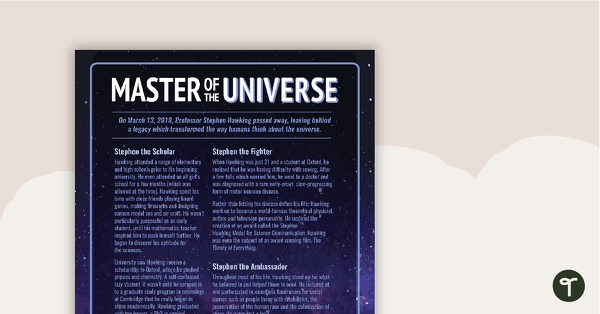
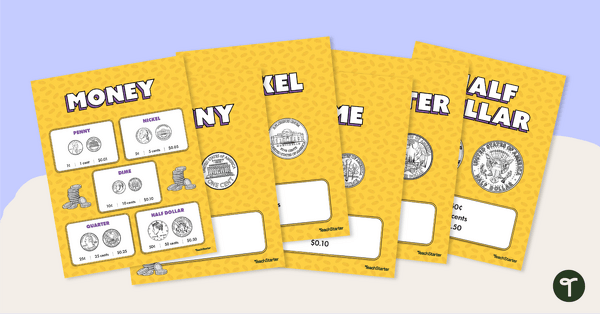
0 Comments
Write a review to help other teachers and parents like yourself. If you'd like to request a change to this resource, or report an error, select the corresponding tab above.